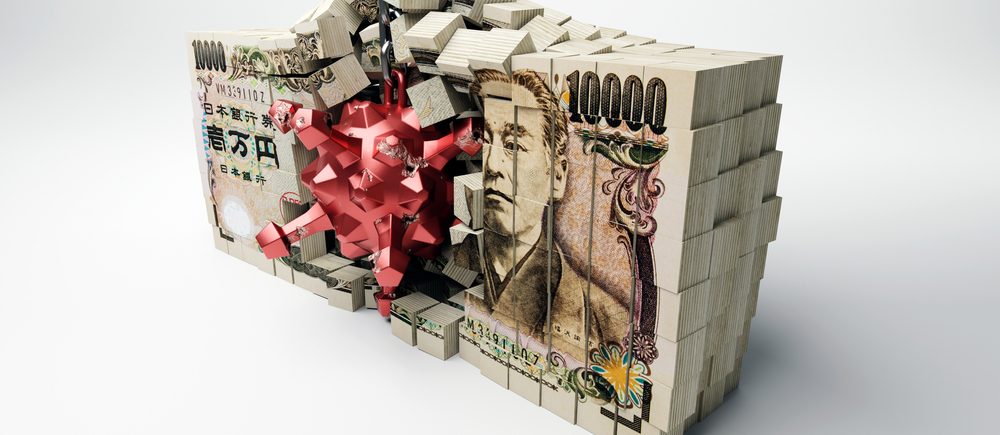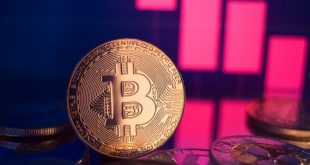As the Japanese yen hits a 20-year low against the dollar, Japan’s central bank chief apologizes for saying consumers have become tolerant of higher prices.
BoJ Governor Haruhiko Kuroda on Wednesday withdrew his claim that Japanese consumers have become tolerant of price increases for the goods they purchase; a remark he made as the country’s buying power weakens with the yen at a two-decade low against the US dollar.
“My expression that households are becoming more tolerant of price rises was utterly inappropriate, so I will retract it,” Kuroda said in parliament, according to the Financial Times. Kuroda first apologized for his remark on Tuesday.
Kuroda’s retraction occurred on the same day the yen fell to a new 20-year low against the dollar below ¥134. The greenback during Wednesday’s session was up 1.3%, buying 134.29 yen. A strong dollar and a weakened yen make goods more costly for Japan to import.
The dollar this year has broadly hit 20-year highs against major currency rivals, as measured by the US Dollar Index, as the
The US Fed has embarked on an aggressive campaign to raise interest rates to combat high inflation. Kyodo News reported Kuroda made his remark about consumers on Monday at an event organized by the publication in response to a question about a survey conducted by a University of Tokyo professor.
“One hypothesis is that being ‘forced to save’ during behavioral restrictions imposed by the coronavirus pandemic may have led to improvements in consumers’ tolerance for price increases,” Kuroda said.
The central bank chair on Tuesday sought to clarify the remark that he made just ahead of July elections for the Upper House in parliament where the government of Prime Minister Fumio Kishida will be tested on issues ranging from rising prices to COVID policies. Japanese companies this year have been raising prices on food, beverages, and other items, putting pressure on households that have largely seen wages stagnate and have been hurt by the coronavirus pandemic.
“I did not mean that consumers are voluntarily accepting the price increases. I apologize if my words led to a misunderstanding,” Kuroda told reporters at the Kishida’s office on Tuesday, according to Kyodo News.
Japan’s history of weak wage inflation and the low acceptance of price rises in the country mean that Kuroda’s hopes of hitting the 2% CPI inflation target in a sustainable way are by no way guaranteed. If it is assumed that BoJ policies remain accommodative USD/JPY may be at risk of further gains. Softer yields in the US may be necessary to bring the currency pair down to lower levels.
 Noor Trends News, Technical Analysis, Educational Tools and Recommendations
Noor Trends News, Technical Analysis, Educational Tools and Recommendations





